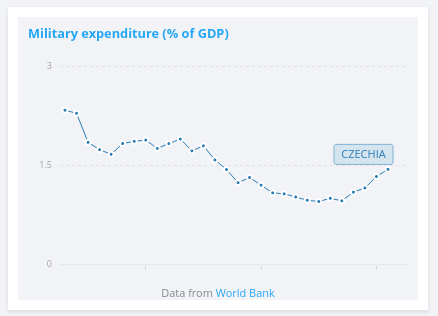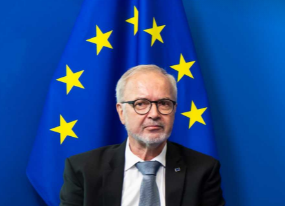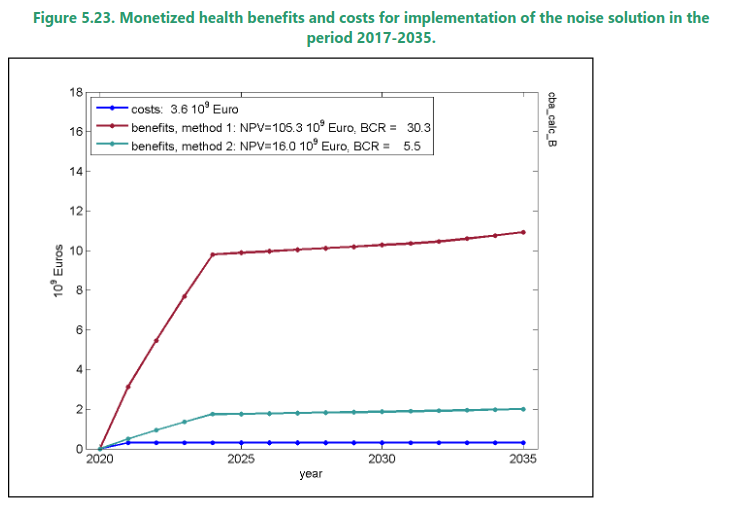Defence spending

Defence spending in many European countries is inadequate. There are much higher priorities than the VRT project.
NATO is urging member states to increase their defence spending as only seven of the 30 countries met the current target of spending 2% of GDP on defence in 2022[1]https://www.telegraph.co.uk/world-news/2023/03/21/nato-members-urged-bolster-defence-spending-dangerous-world/. The countries that reached the target were Greece, the US, Lithuania, Poland, Britain, Estonia, and Latvia, while France, Croatia, Belgium, Spain, and Luxembourg fell behind. NATO leaders are expected to agree on a new target at a summit in Lithuania in July, and the head of NATO, Jens Stoltenberg, believes that 2% of GDP should be seen as a minimum.
We are aware that if we do not take care of our security, no one else will fulfil this obligation for us.
Polish Deputy Prime Minister and Minister of National Defence Mariusz Błaszczak
The Polish government plans to increase defence spending by a record PLN97.45 billion (USD20.66 billion), reaching over 3% of GDP, to strengthen the military capabilities and purchase modern equipment such as tanks, howitzers, and fighter aircraft[2]https://www.janes.com/defence-news/news-detail/poland-unveils-record-2023-defence-budget. The defence budget is 69% higher in nominal terms than the previous year and more than triple its 2014 level. In addition to capital expenditure, PLN30-40 billion will be made available for foreign military equipment acquisition. In March, the ‘Defence of the Fatherland Act’ determined that defence spending should increase to 3% in 2023 and remain at this level in subsequent years. Poland has also promised to “support Ukraine on a permanent basis” by providing military equipment. “We are aware that if we do not take care of our security, no one else will fulfil this obligation for us.” said the Polish Defence Minister.
The Czech government has approved a bill aimed at bringing defence spending at the required NATO goal of 2% of gross domestic product by 2024, as Russia’s war in Ukraine continues[3]https://abcnews.go.com/International/wireStory/czech-government-oks-bill-2-gdp-spending-military-96179042. Although the Czechs will spend only 1.52% of GDP on defence this year, the 2% target should be reached in 2024 once the bill is approved in parliament where the governing coalition has a majority in both chambers. The Russian invasion of Ukraine has expedited the modernization of the Czech military with the planned, multi-billion euro procurement of new armaments[4]https://data.worldbank.org/indicator/MS.MIL.XPND.GD.ZS?locations=CZ.
Given that the Czech Government has recently had to borrow money to pay for the pensions of the elderly, projects which have no proven business case (such as the VRT) should no longer be tolerated. It is only through the public’s lack of knowledge of the VRT project’s lack of viability that it is; we intend to change that through brutal analysis and fact-based disclosures.
References






